 By Ed Sterling
By Ed Sterling
Member services director, Texas Press Association
AUSTIN — Governor Greg Abbott as of June 4 had not signed Senate Bill 1, the 2018-2019 state budget finally approved by both houses of the 85th Texas Legislature on May 27. SB 1 appropriates $216.8 billion in total spending for the state’s budget during the 2018-19 biennium.
A long wait for Abbott’s signature may fit a pattern. The governor did not sign the 2016-2017 budget until June 20, 2015, the final day for him to approve or veto legislation. The governor has the power to veto line items in the bill, instead of rejecting it wholesale.
SB 1, a lot to contemplate at 969 pages in length, could take every remaining day for the governor’s office to digest, until this session’s veto deadline of June 18.
The budget bill, however, has already earned the approval of state Comptroller Glenn Hegar, who signed the document on June 1. “Even before I released the Biennial Revenue Estimate back in January, lawmakers understood this session would be difficult and coming to a budget consensus would require sacrifice and compromise,” Hegar said. “I commend legislators for crafting a conservative budget that remains within my revenue forecast.”
Bills signed and not signed
A mere 1,211 of the 6,631 bills, concurrent resolutions and proposed constitutional amendments filed by state representatives and senators this session gained passage by both houses. That comes to 18.3 percent, or a success rate of about one in five.
Gov. Abbott signed Senate Bill 5, the voter photo-identification bill that opponents promised would be challenged in federal court over constitutionality. Supporters said the bill by Joan Huffman, R-Houston, would allow a person to sign an affidavit stating they have a reasonable impediment to obtaining a photo ID and cast a regular ballot. Opponents, however, testified that proposed changes in the law still would have racially discriminatory effects. The bill is slated to take effect Sept. 1.
HB 62, the statewide ban on texting while driving, has not yet been signed by the governor. Authored by Rep. Tom Craddick, R-Midland, and sponsored by Sen. Judith Zaffirini, D-Laredo, HB 62 has been sitting on the governor’s desk since May 25.
SB 8, by Dr. Charles Schwertner, R-Georgetown, was amended in the House to become an omnibus abortion regulation bill. According to the Senate News Service, the bill would require that fetal tissue “be given a proper burial or cremation after an abortion, would ban a certain type of second-trimester abortion and would reaffirm the ban on partial birth abortions in Texas and give state officials the power to prosecute violators.” SB 8 is awaiting action by the governor.
SB 12, by Royce West, D-Dallas, would create a $25 million grant program to help local law enforcement entities pay for body armor resistant to high-powered ammunition. The governor signed West’s bill on May 27 and the legislation took effect the same day.
Revenue total reported
Comptroller Glenn Hegar on June 2 announced that state sales tax revenue totaled $2.5 billion in May, an amount 4 percent more than in May 2016.
“State sales tax collections in May indicate a Texas economy expanding at a moderate pace,” Hegar said. “Growth in sales tax revenue occurred across most major industry sectors, including oil- and gas-related sectors. Only the construction sector showed a slight decline.”
Hegar also said total sales tax revenue for the three months ending in May 2017 is up 3.2 percent compared to the same period a year ago, but state franchise tax revenue for fiscal 2017 totaled $3.2 billion in May, 8.9 percent less than in May 2016.
Some praise withdrawal
Texas Attorney General Ken Paxton thanked President Donald Trump for his June 1 decision to withdraw the United States from the Paris Climate Agreement.
According to the United Nations, the international agreement’s goal is “to strengthen the global response to the threat of climate change by keeping a global temperature rise this century well below 2 degrees Celsius above pre-industrial levels and to pursue efforts to limit the temperature increase even further to 1.5 degrees Celsius.”
Examples of other officials publicly applauding President Trump’s decision last week were: Texas Railroad Commissioner Wayne Christian, U.S. Sens. John Cornyn and Ted Cruz, and U.S. Rep. Louie Gohmert of Tyler.



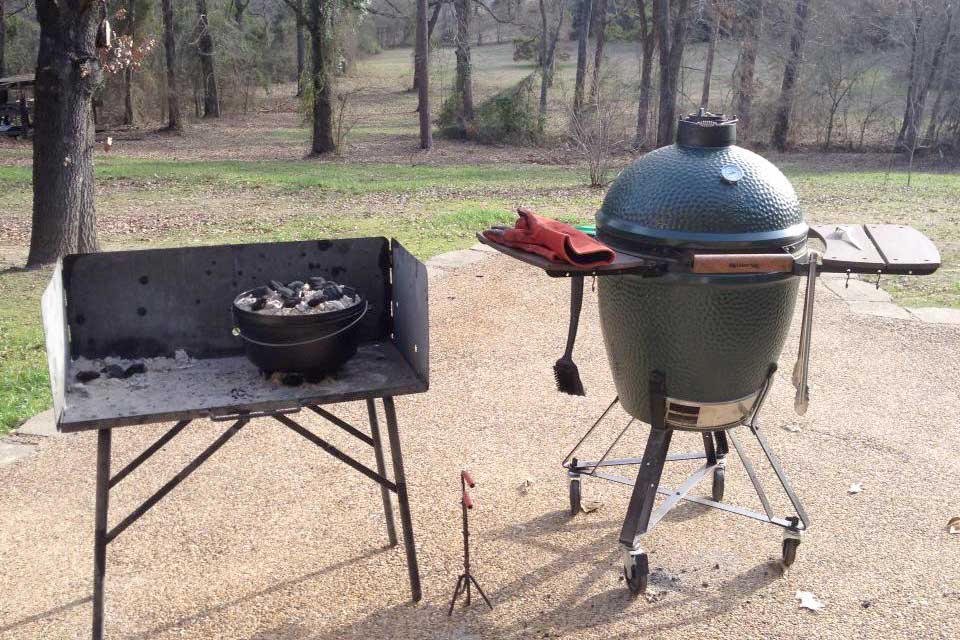
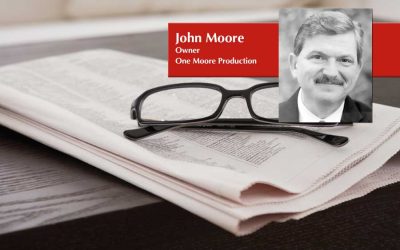
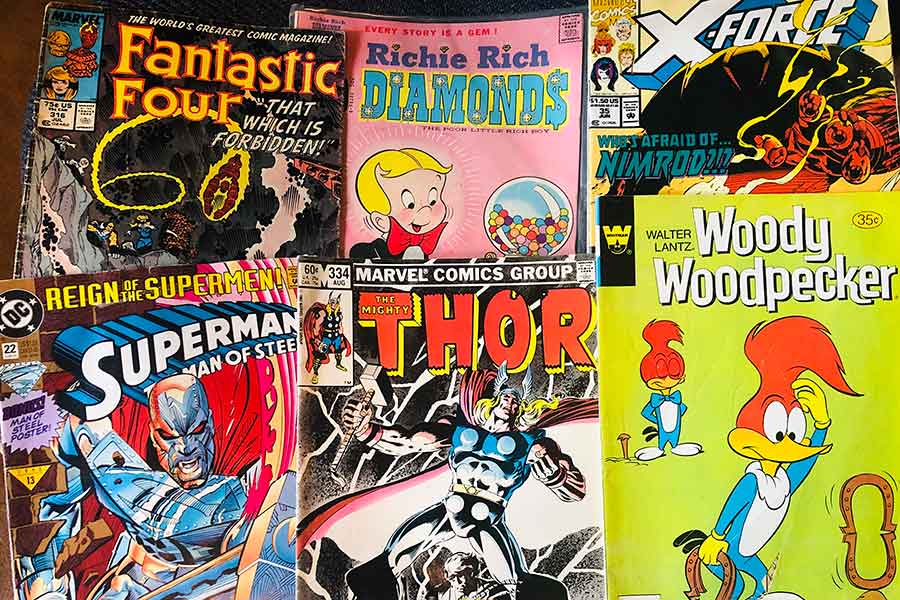


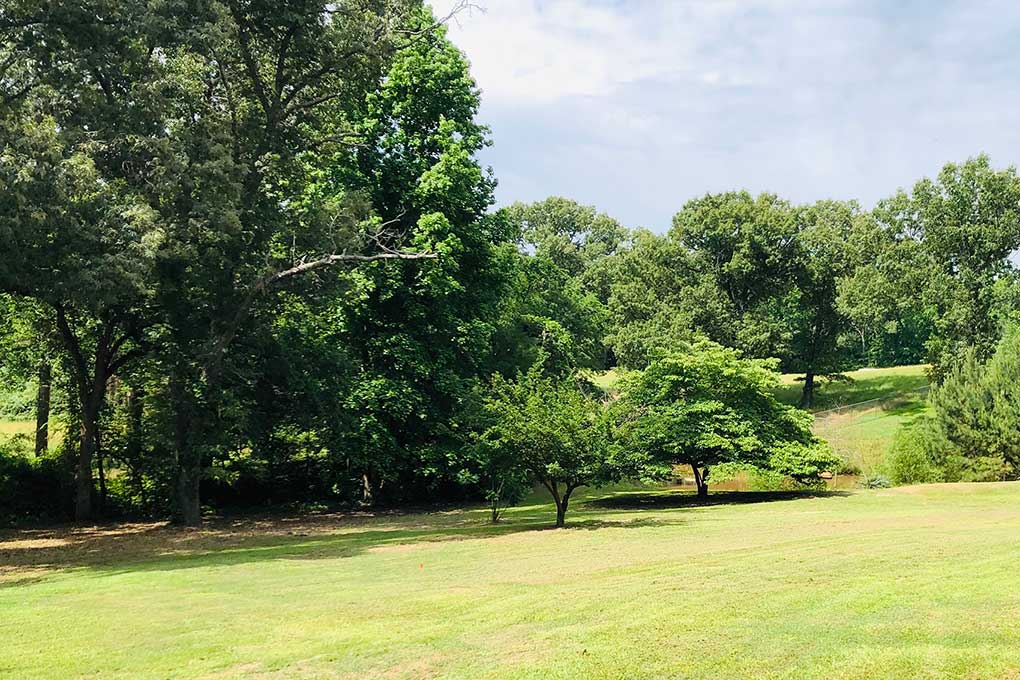






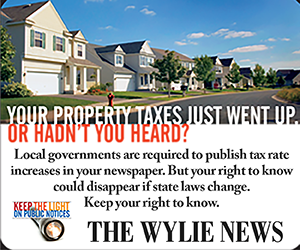
0 Comments